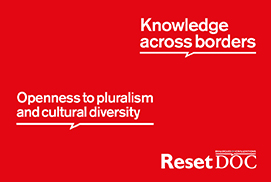27 September 2011
Turkey faces tough decisions at home and abroad, from how to handle heterogeneous identities as they become visible in the public sphere to the role it will play as a model for emerging Middle Eastern democracies. Prominent Turkish sociologist Nilüfer Göle points to three “concentric transformations” that have affected Turkey since the rise of the Justice and Development Party (AKP): the fusing of the AKP’s Islamic past with the Turkish conservative democratic tradition, the EU accession process, and the Arab Spring. These developments underlie such pivotal issues as the weakening of the Turkish military, the Islamist/secular debate and the Kurdish question. To heed Göle would be wise, as we attempt to unpack these subjects and understand a way forward for Turkish democracy.


